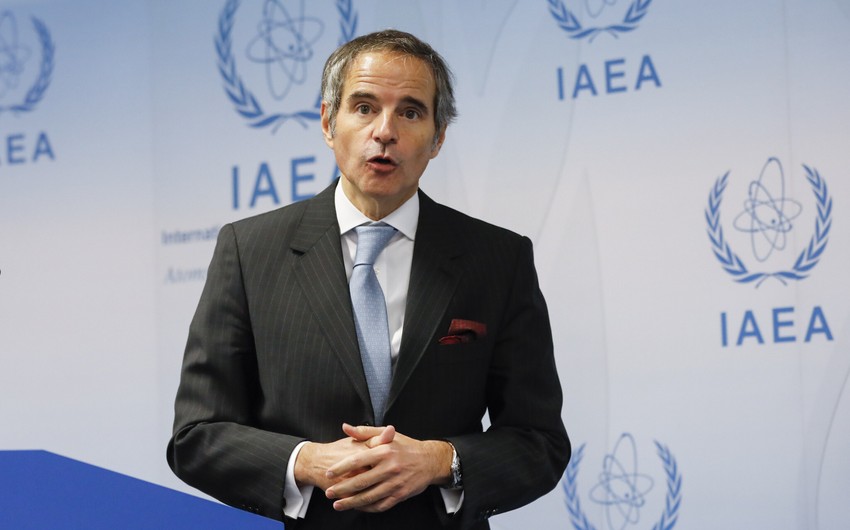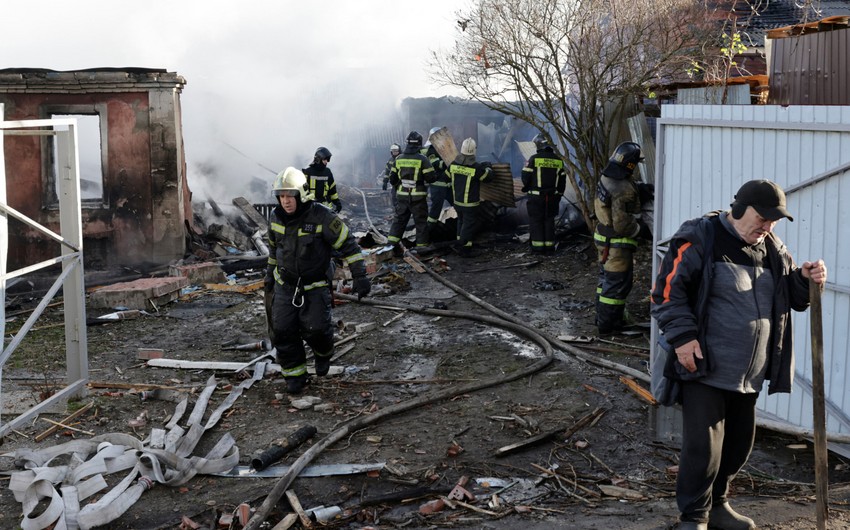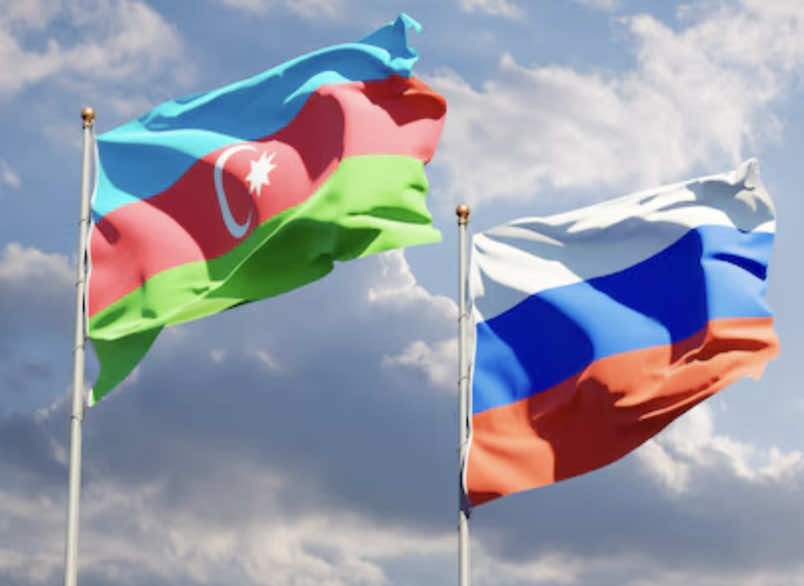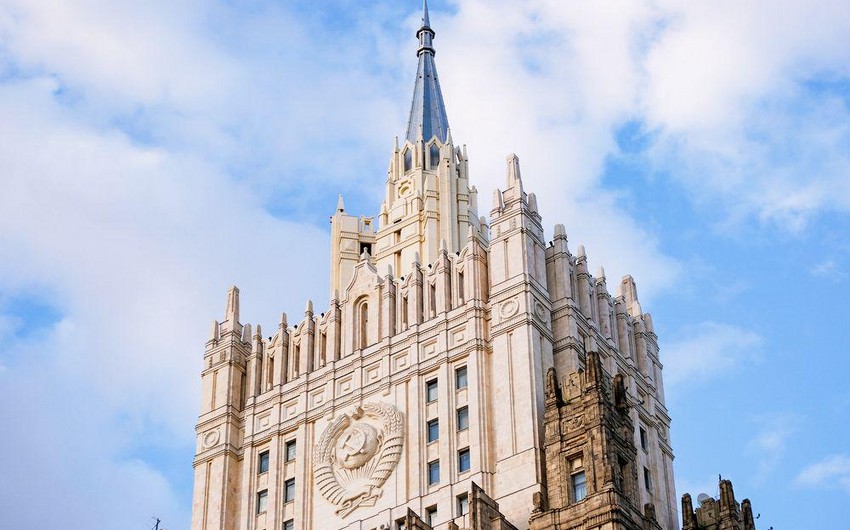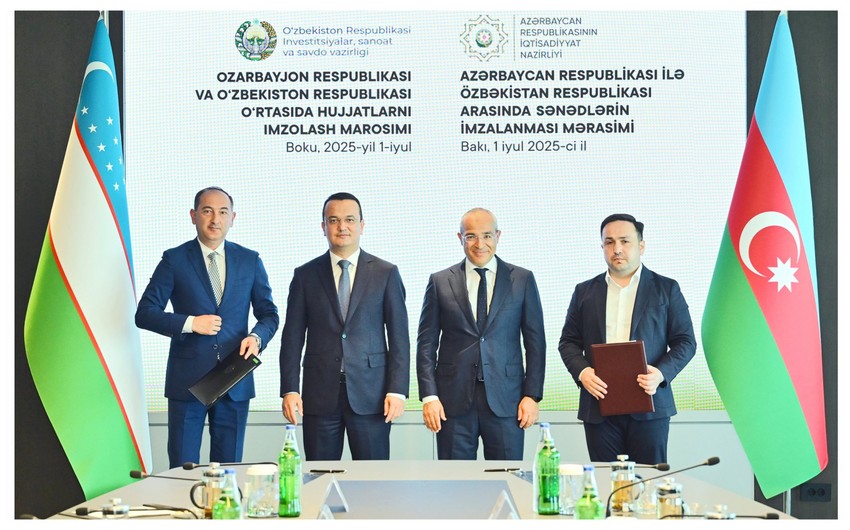Prof. hc. Mehmet Sukru Guzel is the founder president of Center for Peace and Reconciliation Studies, based in Geneva Switzerland.
He is the author of several books and academic articles. He was nominated for the Nobel Peace Prize 4 times. He is mainly working on decolonization, terrorism, peace and reconciliation on various parts of the World.
This interview has been authorised for publication by Prof. hc. Mehmet Sukru Guzel.
Prof. hc. Mehmet Sukru Guzel believes that today`s Palestine Israel conflict is originating from a legal error of the United Nations Security Council.
When the UNSC after the 2nd Arap Israel War asked for the withdrawal of Israel from the territories Israel occupied from the recent conflict in its resolution 242 of 1967, the UNSC not only violated the UN Charter but opened the political road of conquering the territories of the Palestine State by Israel as if it is a legal act.
In 1947, United Kingdom (UK) turned the decolonization of the Palestine under Chapter XII of the UN Charter, namely “International Trusteeship System” over to the UN General Assembly (UNGA) as the mandatory power, originating from Article 22 of the Covenant of the League of Nations.
The UNGA proposed terminating the Mandate and partitioning Palestine into two independent States, one Palestinian Arab and the other Jewish, with Jerusalem internationalized with the UNGA Resolution 181 of 29 November 1947. In operative paragraph (a) UNGA resolution 181 requested from the UNSC to take the necessary measures as provided for in the plan for its implementation. In the operative paragraph (c), the UNGA resolution 181 defined any attempt to alter by force the settlement envisaged by its resolution should be understood under the UN Charter, Chapter VII namely “Action with Respect to Threats to the Peace, Breaches of the Peace, and Acts of Aggression” and asked the UNSC to act accordingly. Conquest or acquisition of any territory by using force is forbidden by the UN Charter, the UNSC has an obligation to prevent any conquest or taking territory by use of force. The UNGA resolution 181 created boundaries between the States, based on the decolonization process by which UNGA resolution had gained a binding effect.
The UNSC does not stand “beyond” or “above” the UN Charter but acts within the “international legal system.” Only intra vires (within the powers) decisions of the UNSC can be accepted and implemented in accordance with the UN Charter. Ultra vires (beyond the powers) decisions, conversely, can lay no claim. The UNSC is not legibus solutus (not bound by law) and has the obligation to correct its international wrongful acts as soon as it is notified.
As of today, the UNSC has the obligation to correct its international wrongful act in its resolution 242 of 1967 when asked for the withdrawal of Israel from the territories in occupied in the recent conflict (the 2nd Arap Israel War). The UNSC has the obligation to write a new resolution in which is to ask Israel to withdraw all the occupied Palestinian territories as the boundaries of the Palestine State were legally defined in the UNGA resolution 181.
UNGA resolution 181 turned into a binding international treaty within the UN legal system including the UNSC.
Prof. hc. Mehmet Sukru Guzel says that United Nations General Assembly Resolution 181 is a binding resolution for the United Nations Security Council to implement.
The solution of the Palestine Problem and the State of Palestine's future membership in the UN within the UN legal system depends on the understanding that the UNGA resolution numbered 181 is a binding resolution. Some say that the UNGA’s resolutions are recommendations and not legally binding according to the UN Charter and the UNGA resolution 181 as a recommendation and not legally binding.
The Declaration of Independence of Israel was issued on 14 May 1948. Israel defined its frontiers as subject to the UNG resolution 181. On 29 November 1948, Israel applied to the membership of the UN by sending a letter to the Secretary General of the UN. In the letter, Israel had linked its admission to the UN under the UNGA Resolution 181 and with its Declaration of independence. Israel in its letter in 1949 to the UNSC wrote that in accordance with UNGA resolution 181 its boundaries would be defined. Accordingly, Israel has committed to withdrawing from the territories it occupied during the 1st Arab Israeli War. Israel reaffirms these with its declaration given to the UNSC once again and redefines its boundaries in accordance with UNGA resolution 181.
In 1949, with the resolution 69, the UNSC recommended the UNGA, the admission Israel to membership in the UN. In the in the preamble paragraph of the UNSC resolution 69, the UNSC explained that the UNSC gave its decision according to the documents given to the UNSC by Israel for its admission. And according to the letter and the declaration of Israel for its membership to the UNSC, Israel accepted to be bound by its territories as written in the UNGA resolution 181 and most importantly Israel promised subject to the UN Charter Article 2.4, to protect the territorial integrity of the Palestine State and its political independence. Israel admitted to the UN on 11 May 1949 with the UNGA resolution 273.
When Israel admitted to the UN, the letter of Israel to the UNSC, Declaration of Independence of Israel and the declaration of Israel for its admission to the UN became international treaties between the UN and Israel. Israel became a member of the UN subject to its withdrawal from the territories it occupied after the 1st Arab-Israel War. The UNGA resolution 273 has a binding character under the UN Charter on the withdrawal of Israel from the territories that Israel occupied during the 1st Arab Israel War. The boundaries of Israel as written in the UNGA resolution 273 when Israel admitted to the UN has a legal binding effect on the UNSC and the UNSC has no authority under the UN Charter on any modification on the boundaries of Israel.
On the finance of the post conflict reconstruction of Gaza, Prof. hc. Mehmet Sukru Guzel says that when the Israel became member of the UN subject to UNGA resolution 181, the territories of Palestine states were also admitted as reserved territories of the future membership of the Palestine State to the UN under Article 4 of the UN Charter.
Chapter XII of the UN Charter gives responsibility to the UN for the well-being of the inhabitants of the territories of the Palestine State, originating from Article 22 of the Covenant of the League of Nations as a sacred trust.
Today, the territories of the State of Palestine belong to the UN within all the UN legal mechanisms including the natural resources till the membership of the Palestine State is achieved to the UN. The Palestine State has a legal right for the natural gas reserves in the Eastern Mediterranean like other States and the legal rights of Palestine State for the natural resources including natural gas are under the protection of the UN.
With the direct responsibility to the Palestinians as a sacred trust of the UN, the UN can explore and produce the natural gas for the finance of the reconstruction of Gaza and its rehabilitation.



